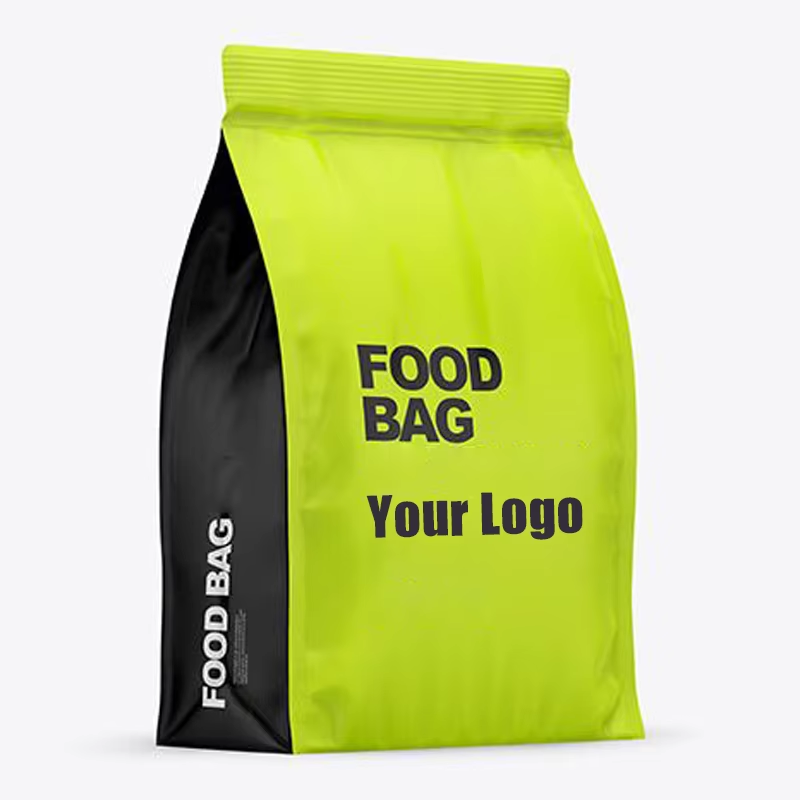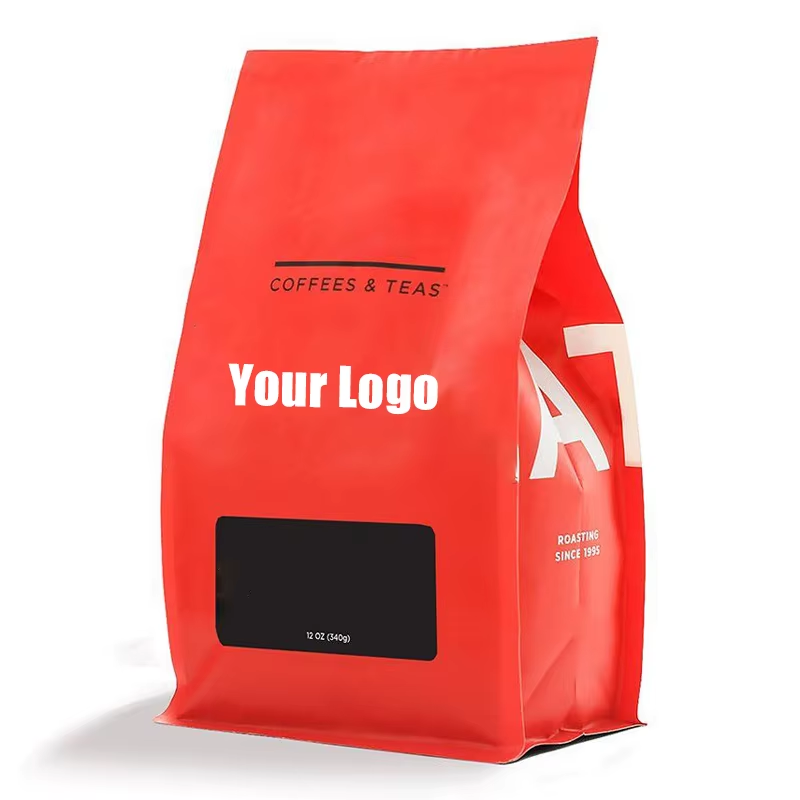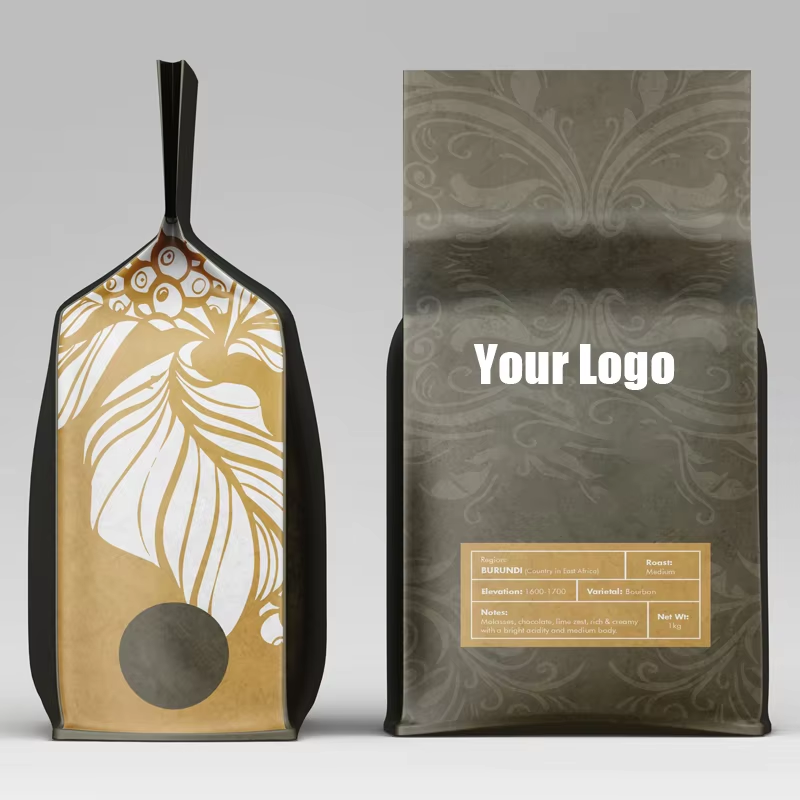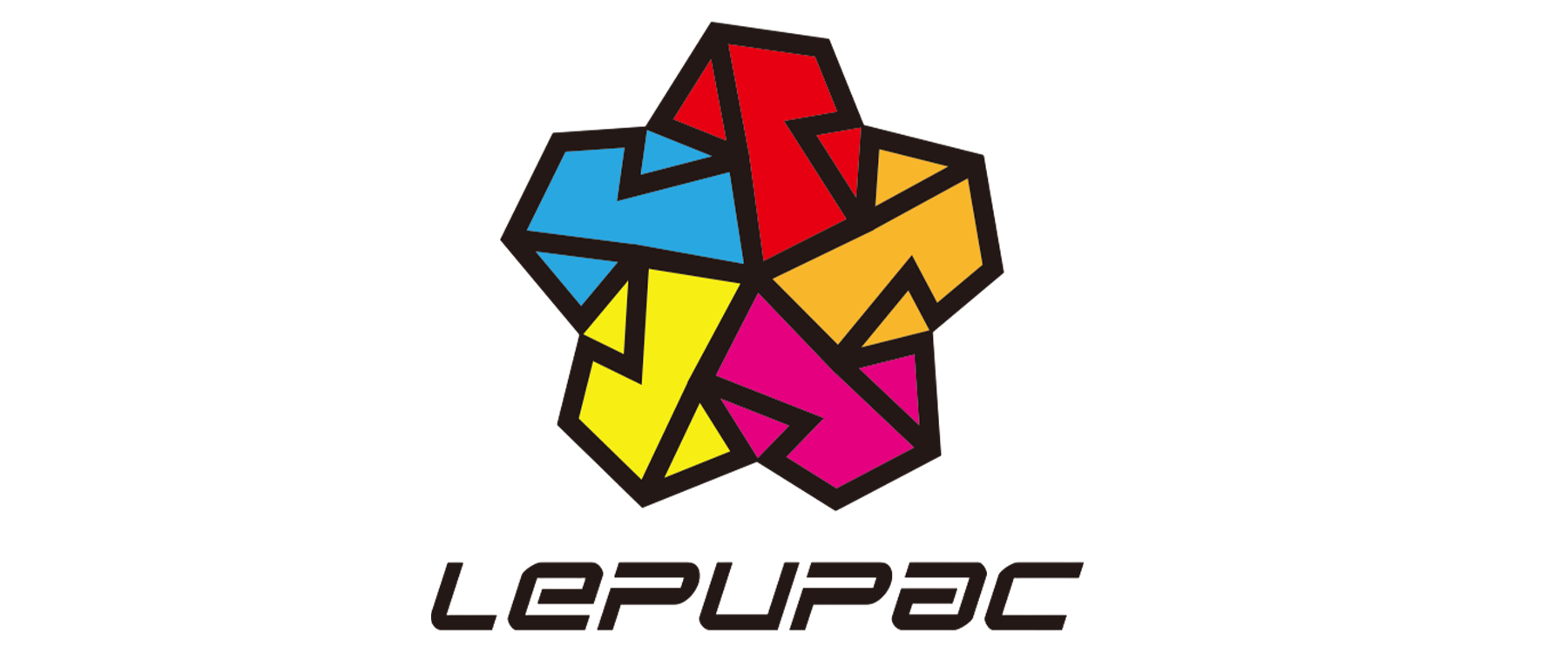Title: How Much Is a Bag of Coffee? A Comprehensive Guide to Pricing and Value
Introduction
In the world of coffee, a simple question like "How much is a bag of coffee?" can lead to a complex discussion. The price of a bag of coffee can vary widely, influenced by facto rs su
rs su ch as origin, processing method, quality, brand, and where it's purchased. This article aims to provide an in-depth look at what determines the cost of coffee, from the farm to your kitchen, and how you can make informed decisions when buying your next bag.
ch as origin, processing method, quality, brand, and where it's purchased. This article aims to provide an in-depth look at what determines the cost of coffee, from the farm to your kitchen, and how you can make informed decisions when buying your next bag.
The Journey of Coffee: From Cherry to Bean
Before we dive into the pricing, it's essential to understand the journey that coffee takes before it reaches the consumer. Coffee starts its life as a cherry on a tree, and after harvesting, it undergoes several processes, including depulping, fermenting, washing, drying, sorting, and grading. These steps are labor-intensive and have a significant impact o n the final product's taste and, consequently, its price.
Factors Influencing the Price of Coffee
1. Origin
Coffee grown in different parts of the world will have varying prices due to differences in growing conditions, production costs, and market demand. For example, beans from Ethiopia, known for their unique flavor profiles, may be more expensive than those from Brazil, which is the largest producer and often associated with a milder taste.
2. Processing Method
There are several ways to process coffee, including natural, washed, and honey methods. Each has its own set of costs and impacts the flavor. Natural or dry-processed coffees, for instance, require less water but more time and space to dry, potentially affecting the final price.
3. Quality and Grading
Coffee is graded based on the number of defects in a sample, the size of the beans, and other attributes. Higher grades indicate better quality and usually come with a higher price tag. Specialty coffees, which score 80 points or above on a 100-point scale, are typically more expensive.
4. Certification and Sustainability
Certifications such as organic, fair trade, and Rainforest Alliance can add to the cost of coffee. These labels ensure that certain standards are met regarding environmental sustainability, social responsibility, and economic fairness, which can involve additional fees and stricter farming practices.
5. Brand and Packaging
Branding and packaging also play a role in the pricing. High-end brands may charge more for their reputation, marketing, and design. Additionally, eco-friendly or innovative packaging solutions can increase the cost.
6. Market Conditions
Supply and demand, along with global economic factors, can cause fluctuations in coffee prices. Weather events, political instability, and changes in import/export regulations can all affect the market and, therefore, the price you pay.

7. Retail Location
Where you buy your coffee can significantly influence the price. Online retailers, specialty coffee shops, supermarkets, and direct-from-farm purchases all offer different pricing structures. Often, buying directly from a roaster or farmer can be more economical, while coffee shops and high-end retailers might have a premium added for the experience and convenience.
Value Beyond Price
While the cost is a critical factor, the value of a coffee goes beyond just the price per pound. The experience, the story behind the coffee, and the ethical considerations are all part of the package. Some consumers are willing to pay a premium for a cup that not only tastes good but also supports sustainable practices and fair wages for farmers.
Conclusion
Understanding the various factors that contribute to the price of a bag of coffee allows you to appreciate the complexity of the product and make choices that align with your values and preferences. Whether you're looking for the best deal or the most exclusive blend, there's a wide range of options available. Remember, the price of a bag of coffee reflects not only the physical product but also the story and the journey it represents. By being an informed buyer, you can enjoy your coffee knowing exactly what you're paying for and why.
 EN
EN
 AR
AR
 HR
HR
 CS
CS
 DA
DA
 NL
NL
 FI
FI
 FR
FR
 DE
DE
 EL
EL
 IT
IT
 JA
JA
 KO
KO
 NO
NO
 PL
PL
 PT
PT
 RO
RO
 RU
RU
 ES
ES
 SV
SV
 TL
TL
 IW
IW
 ID
ID
 LV
LV
 LT
LT
 SR
SR
 SK
SK
 SL
SL
 UK
UK
 SQ
SQ
 ET
ET
 TH
TH
 TR
TR
 FA
FA
 AF
AF
 MK
MK
 UR
UR
 BN
BN



 rs su
rs su ch as origin, processing method, quality, brand, and where it's purchased. This article aims to provide an in-depth look at what determines the cost of coffee, from the farm to your kitchen, and how you can make informed decisions when buying your next bag.
ch as origin, processing method, quality, brand, and where it's purchased. This article aims to provide an in-depth look at what determines the cost of coffee, from the farm to your kitchen, and how you can make informed decisions when buying your next bag.